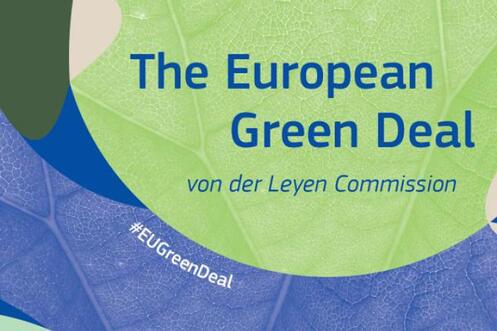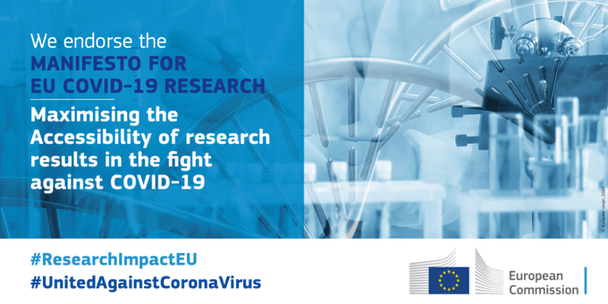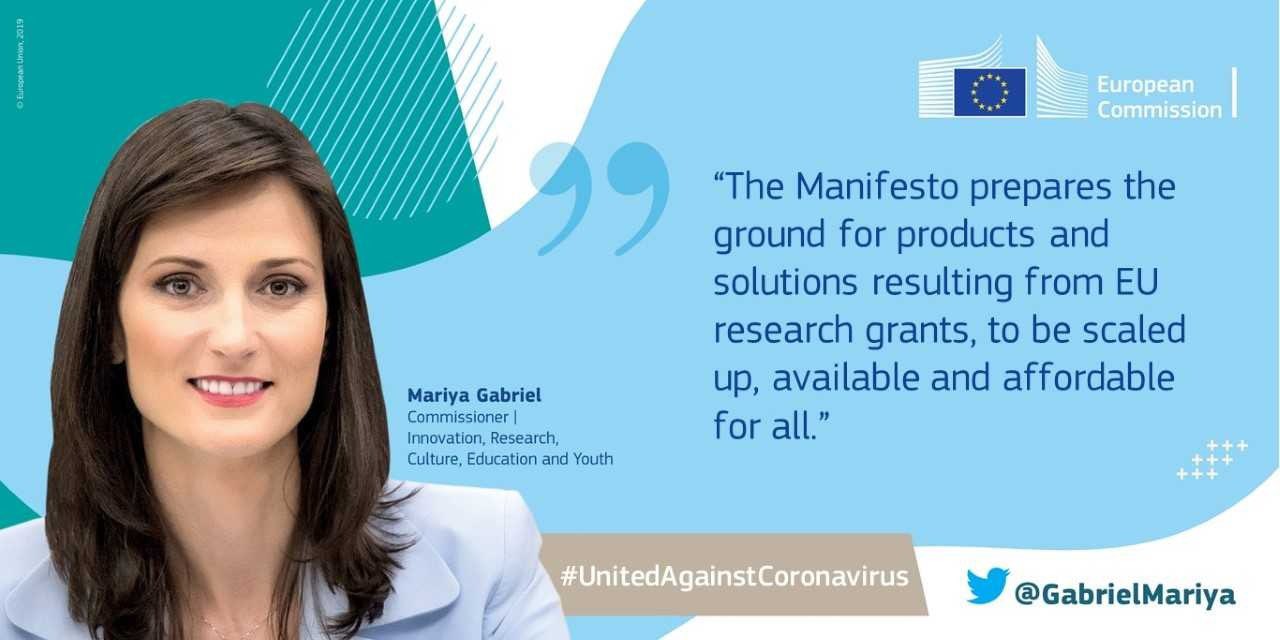News |
|
Author: Rodrigo Sanz, Manager European Funds at Euro-Funding
Climate change and environmental degradation are the existential threats facing Europe and the rest of the world today. To overcome these challenges, Europe needs a new growth strategy to transform the Union into a modern, resource-efficient and competitive economy. The European Union will therefore respond to these challenges through the Green Deal call, based on sustainable growth that aims to end net greenhouse gas emissions by 2050 so that economic growth is decoupled from resource use.
1 Comment
The European Commission’s DG for Research and Innovation (DG RTD) has launched a Manifesto for EU COVID-19 Research, which aims to maximise the accessibility of COVID-19 research results that benefit from EU funding.
Today, EWGIC has signed this manifesto and commits to sharing research results related to COVID-19 prevention, testing and treatment. By signing this manifesto, EWGIC and its members commit to
This initiative is in line with the Coronavirus Global Response, launched by Ursula von der Leyen, President of the EC, as well as with the Solidarity Call to Action, established by the World Health Organisation. Read the full Manifesto here. More information here. Author: Marie Latour, Head of Office, Zabala Brussels
This week, the EU research ministers have agreed on the final details of Horizon Europe: To begin with, they agree on a linear cut across its programmes to reflect the outcome of the July budget summit (from €94.4 billion to €80.9 billion in 2018 prices) this represents a decrease of more than 14% from the European Commission's (EC) original proposal. In current prices, this is equivalent to a budget of €90.9 billion, of which €5.4 billion comes from the Next Generation EU budget, as part of the recovery plan. |
Categories
All
Archives
July 2024
|





 RSS Feed
RSS Feed
